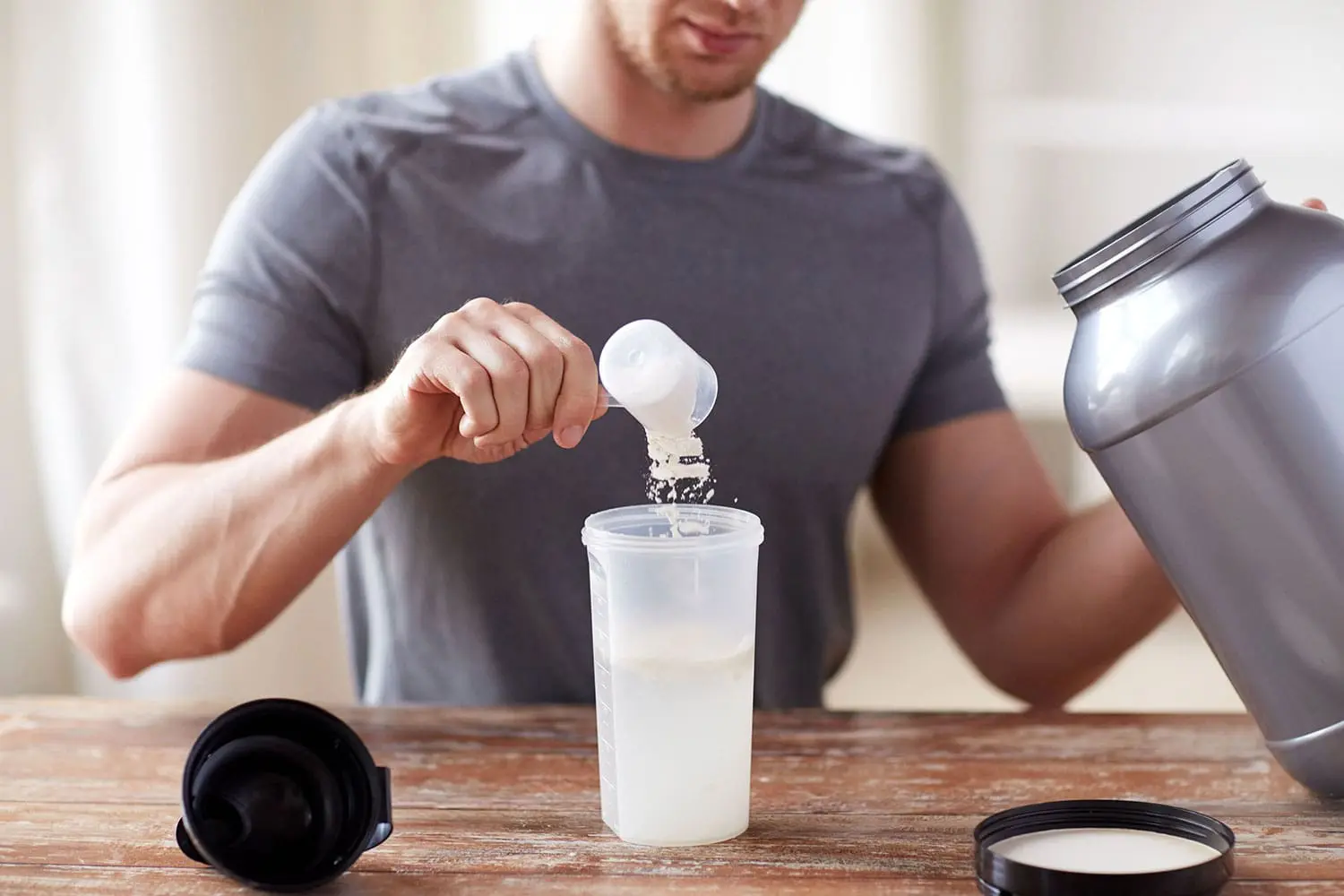If you are looking for more strength, increase lean muscle mass, help your muscles recover quicker, boost energy, and improve cognitive performance. Look no further than the powerhouse supplement, creatine.
Creatine is by far the most popular and widely researched natural supplement on the market today. It’s not only safe, but it is also very affordable.
Here are some of the benefits of creatine and how it can help you reach your fitness goals.
More Energy and Strength
During exercise, a key molecule called adenosine triphosphate (ATP) is broken down to produce energy. Creatine increases your muscle’s phosphocreatine stores which aid in the production of ATP. By having high ATP levels at your disposal, you can fuel your muscles and drastically improve your high-intensity Black Box VR workouts.
Increase Muscle Mass
Creatine can increase both short and long-term muscle growth. 95% of creatine is found in your muscles. Creatine helps by increasing the amount of water in muscles, creating an environment that increases nitrogen balance. This positively influences hypertrophy and produces anti-catabolic effects protecting muscle break down.
The second way creatine helps increase muscle mass is by allowing you to lift heavier for more reps. By doing this, increases progressive overload and stimulates your muscles for growth.
Cognitive Benefits
Research has shown that the brain requires a lot of ATP when performing tasks. Since creatine helps create ATP in the body, studies have shown that creatine positively affects people with lower creatine levels, thereby improving memory and overall brain health.
Which type of Creatine Should I Take?
The most common creatine supplement on the market today is called creatine monohydrate. There are other forms of creatine, and some that promote they are superior, but creatine monohydrate has been around the longest and has hundreds of studies backing its effectiveness.
Is Creatine Good For Both Men and Women?
Yes! Both men and women can benefit from taking creatine. Studies have shown that creatine supplements can help women tone up and increase strength. A review of over 150 studies reported an average of 2.2% increase in lean body mass and a 3.2% decrease in body fat for those subjects taking creatine.
Creatine Side Effects
The International Society of Sports Nutrition regards creatine as highly safe, concluding that it is one of the most beneficial sports supplement on the market today. There are some claims of side effects, but none have been supported by research. Creatine can make you retain a little more water than usual. This because your muscles drive additional water to your muscle cells, increasing their size. Some people have had gastro discomfort with taking high amounts of creatine.
How to Take Creatine
Incorporating creatine into your daily nutrition routine is easy. All you need is about 3 to 5 grams of creatine a day. It’s easy to add to your favorite protein shake or mix it with some electrolyte powder. You can purchase creatine in capsules if you don’t want to mix it into a drink.
Loading phase: Some people will do a loading phase of creatine monohydrate for the first few days up to a week. You would take 20 grams daily and then start the daily routine of 3 to 5 grams a day. This loading phase helps prime the muscles for the intake of creatine.
The benefits of taking creatine could enhance your Black Box VR workouts and get you to your next personal best.
Studies:
Oral creatine monohydrate supplementation improves brain performance: a double-blind, placebo-controlled, cross-over trial
https://www.ncbi.nlm.nih.gov/pmc/articles/PMC1691485/
Increase of total creatine in human brain after oral supplementation of creatine-monohydrate
https://pubmed.ncbi.nlm.nih.gov/10484486/
Long-term creatine intake is beneficial to muscle performance during resistance training
https://pubmed.ncbi.nlm.nih.gov/9390981/
Effect of creatine supplementation on body composition and performance: a meta-analysis
https://pubmed.ncbi.nlm.nih.gov/12945830/
Long-term creatine supplementation does not significantly affect clinical markers of health in athletes



